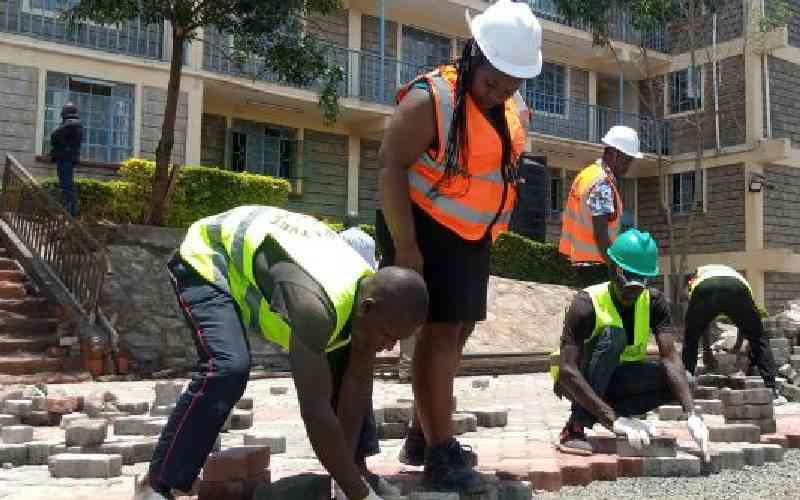×
The Standard e-Paper
Home To Bold Columnists

Keroka Technical Training Institute plans to enroll an extra 3,000 students and complete the commercialisation of some of its courses.
Principal Haron Maosa said the institution is expanding in terms of its infrastructure and labour to ensure that they have the capacity to enroll more students.